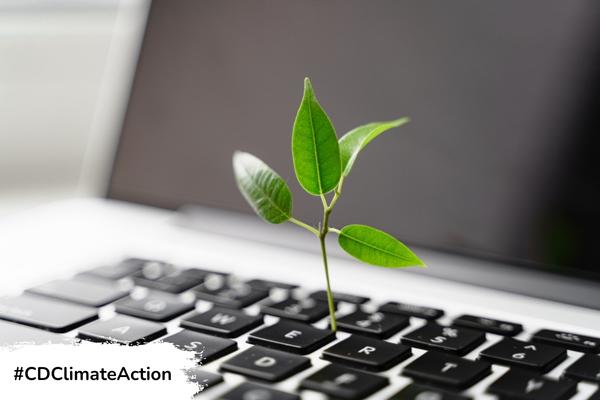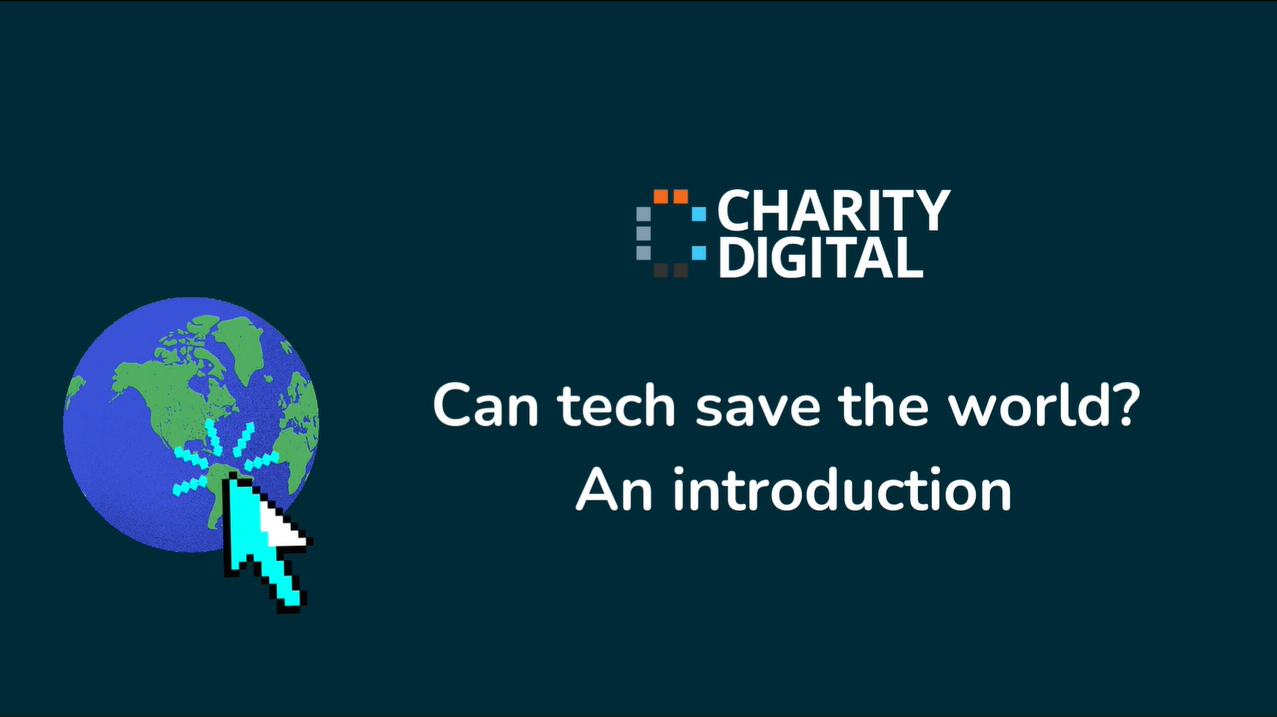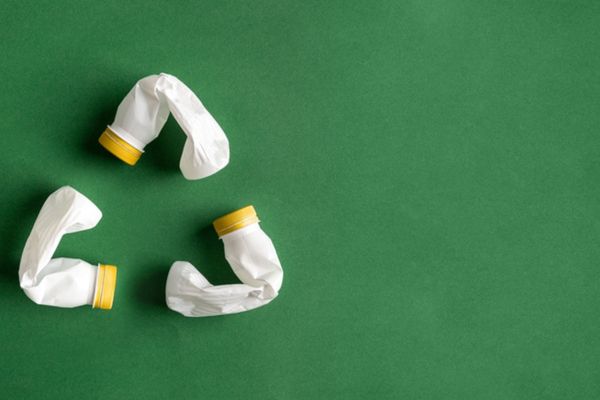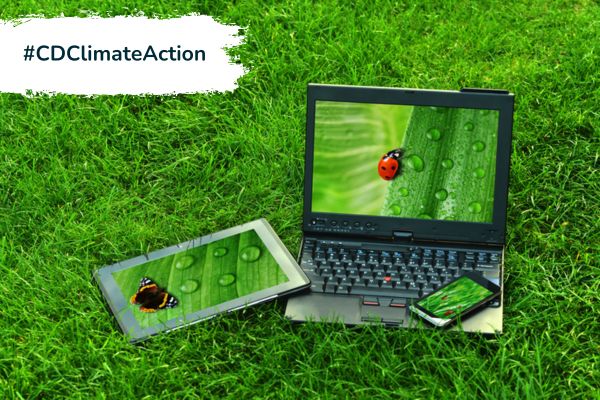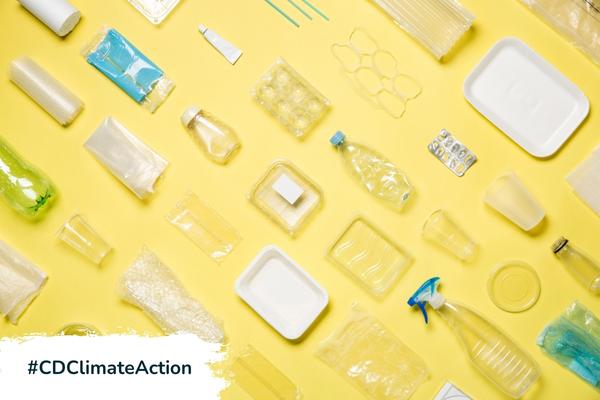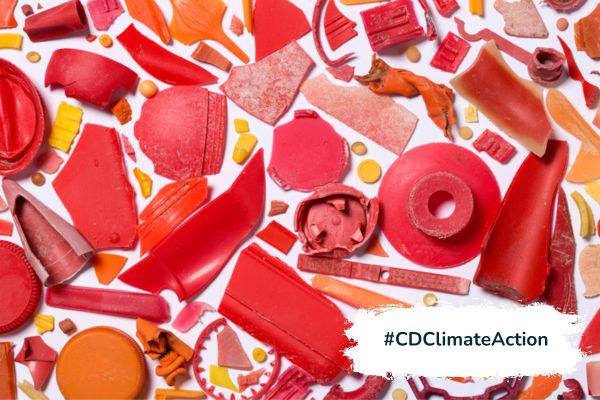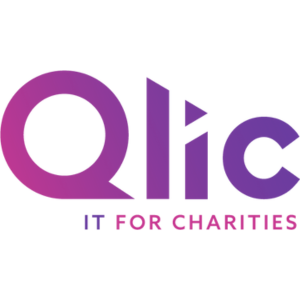Insights
INSIGHTS
All Topics
My Account
Climate change: time to embrace recycled tech
11 May 2023by Paul Rubens
How to use refurbished and second-hand tech hardware to benefit the climate – and your charity
CHECK OUT THE ’CLIMATE ACTION’ HUB!
It’s hard to imagine that your charity’s computers, phones, and other tech hardware are destroying our planet. But the truth is that electronics is one of eight manufacturing sectors that between them account for half of all harmful carbon dioxide emissions which contribute to global warming.
But carbon dioxide emissions are only a part of the problem. Most tech hardware contains rare and precious metals, petroleum products like plastics, and other materials which are not readily biodegradable.
The average computer, for example, is likely to contain toxic materials such as beryllium, cadmium, hexavalent chromium, lead, mercury, and brominated flame retardant to name just a few. They are also likely to contain “safer” metals like iron and copper which can contaminate groundwater if they end up in a landfill site.
So what can your charity do to minimise the impact of high tech hardware on the planet?
Climate-friendly tech hardware
It turns out there are three things your charity could consider when you need additional tech hardware – either to replace broken or obsolete items, or to meet expanding needs.
You might want to think about using equipment which is:
- Second hand
- Repurpose
- Recycled
Second-hand tech hardware
Instead of disposing of tech hardware that is no longer wanted, many organisations sell or give their (working) used equipment to dealers or donate it to charities. If your charity can pick up good quality used equipment cheaply or even for free, then this makes sound financial sense. But it will also reduce your charity’s need to buy new equipment, with all the harmful effects its manufacture will have on the environment.
Reputable organisations offering second-hand computers will ensure that any data stored on the machines has been securely erased. Many also refurbish the hardware to a very high standard by replacing hard drives and any other parts that need attention and provide a warranty on the equipment.
Will second hand tech equipment be powerful enough for your charity’s needs? It’s an important question to ask but consider this: many organisations get rid of tech hardware because it is no longer powerful enough for certain cutting-edge applications like video rendering or 3D modelling.
But your charity is unlikely to be using its tech hardware for such applications, so the second-hand hardware may well be more than adequate for your charity’s needs. This is especially the case if your charity uses CRM, fundraising or other applications that run in the cloud, because these require very little computing power on your desktop to access them.
Where to get second-hand tech hardware
There are a number of organisations including charities which accept unwanted computers and offer them to charities at low cost or for free. These include:
- Computers for Charities offers low-cost pre-owned computer equipment including software.
- Computers4charity donates unwanted laptops, computers, and other IT equipment to charities.
- The Renewed Store supplies refurbished computer hardware to the charity sector.
- ComputerAid supplies very low cost refurbished IT for non-profits.
- Green Root Tech offers free refurbished computers, IT hardware, and software services for UK charities
You can find a list of more organisations that provide refurbished second-hand computers and other IT equipment to charities at IT for Charities.
Repurpose tech hardware
When your charity needs to replace its most powerful tech hardware, you may well find that you can use it elsewhere in your organisation for less demanding duties, rather than buying new equipment to fill those needs.
For example, if you can no longer use a PC for security reasons because it is too old to run a supported version of Windows, then you could install a free version of the secure Linux operating system instead.
You may not be able to run the same software on it as you had previously, but Linux supports familiar web browsers such as Firefox or Google’s Chrome. That means that you could repurpose the computer for accessing cloud-based applications which generally only require that a web browser is installed.
Recycled hardware
Sometimes it may be necessary or desirable for your charity to buy new tech hardware, but you can minimise the impact of this on the environment by buying items that are made with recycled materials.
For example, hardware manufacturer Logitech offers computer mice that are made using up to 71% recycled plastic. The company says that it was able to reduce its requirement for new plastic by 8,000 tons by using recycled plastic, and this resulted in a reduction of an estimated 19,000 tons of carbon dioxide emissions over the lifecycle of these products.
Other tech hardware manufacturers that use recycled plastic in their products include HP, Dell, and Lenovo.
Safe disposal
Inevitably there will be occasions when you ned to get rid of tech hardware that you no longer or that no longer works. The Waste Electrical and Electronic Equipment (WEEE) regulations mean that you cannot just throw old phones, computers, and other electrical goods into the rubbish bin. Instead these should be sent for recycling or safe disposal and in many cases the manufacturer or distributor may be obliged to take back its products for these purposes.
There are many other companies and charities which accept electronic goods for safe disposal or recycling, including:
- Camara: A charity that provides IT equipment collection and certified hard drive data erasure and destruction services to organisations. Usable equipment is distributed to schools serving disadvantaged communities in East Africa, Haiti, and Ireland
- Computer Disposals: A company that offers a WEEE-compliant IT disposal service covering all IT equipment. Preferential pricing is offered to charities
- RCS Recycling: This organisation offers the secure disposal of obsolete or unwanted IT equipment and redeploys working equipment to local charities where possible
Don’t forget security
As a final thought, always take appropriate security precautions whenever your charity acquires second-hand tech hardware from another organisation. The National Cyber Security Centre provides guidance for charities to ensure that they can benefit from used equipment securely.
Sign up for our newsletter
Click above to receive the latest sustainability content straight to your inbox
More on this topic
27 Feb 2025by Laura Stanley
Charity Spotlight: Dr Anton Mari Lim, President, Yellow Boat of Hope Foundation
Related Content
Recommended Products
Recommended Products
Related Videos
Our Events
Charity Digital Academy
Our courses aim, in just three hours, to enhance soft skills and hard skills, boost your knowledge of finance and artificial intelligence, and supercharge your digital capabilities. Check out some of the incredible options by clicking here.





